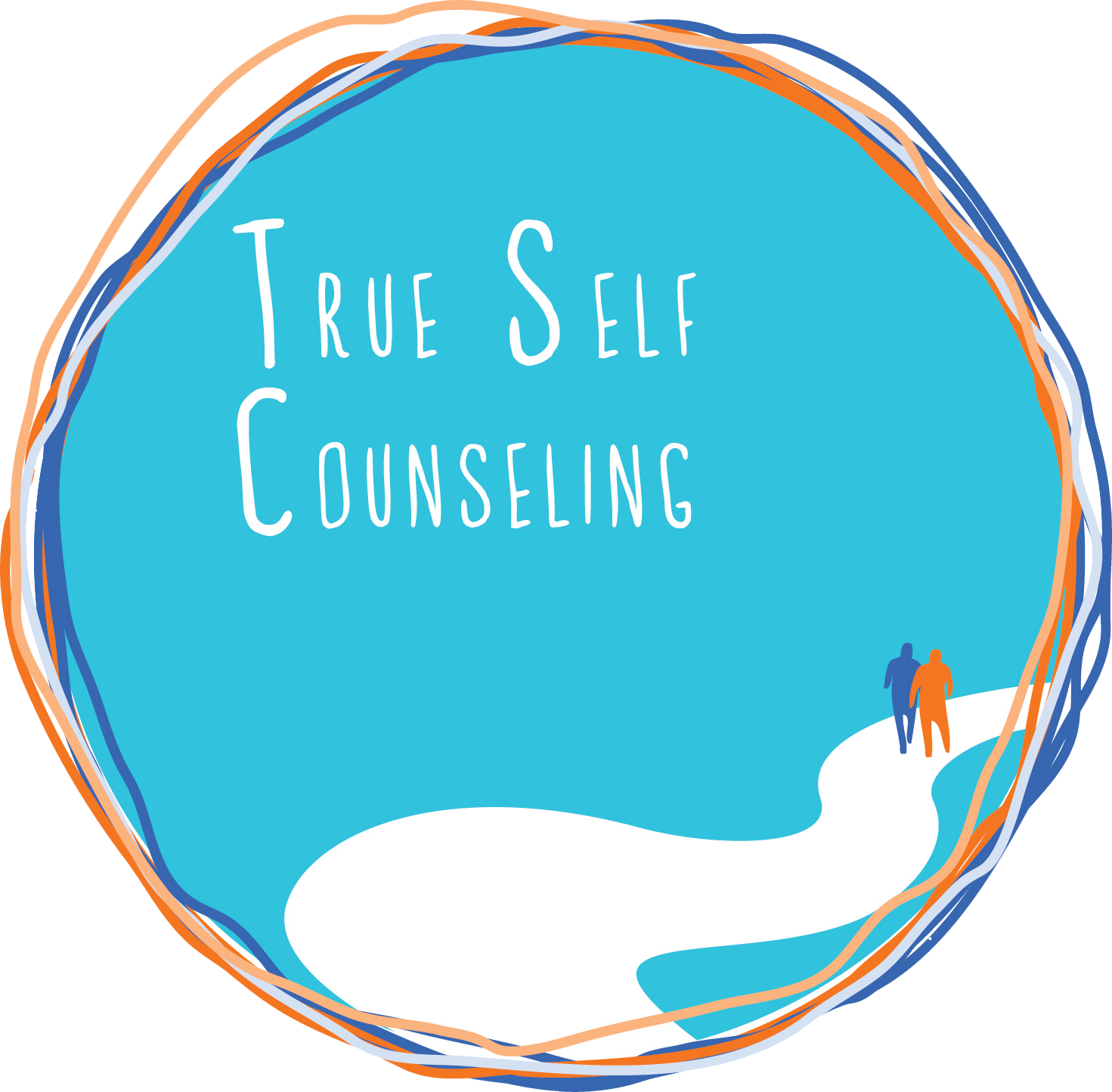![Raised by an Addict [Part I]](https://i0.wp.com/trueselfcounseling.com/wp-content/uploads/2015/05/Osmosis-Blog8-Brooke-Shields-Series.jpg?resize=450%2C225&ssl=1)
by Molly Pierce | May 7, 2015 | Addiction, Self Image
In her memoir, There was a Little Girl: The Real Story of My Mother and Me, Brooke Shields paints an honest and vivid picture depicting her experience of being raised by an alcoholic mother.
Much of her childhood was filled with chaos, and a lack of structure and stability, which is quite common in families with addiction.
She speaks about the enmeshed, codependent relationship she shared with her mother for many years:
I never thought I could live without you. I knew and understood you better than anyone else in your life. I became the meaning in your life when it would have served you to find the meaning from within. Your approval meant the world to me, as did your happiness. That was the hard part, because I wanted your approval for my growing up independently of you, yet I feared my independence was the root of your unhappiness. But if I had not fought to differentiate myself from you and from our tight bond, I would not have been able to survive.
There are many themes in her life story that are shared by others who have lived with an addicted or mentally ill family member:
…Being constantly afraid and worried for their safety and well-being
…Feeling like it’s your responsibility to keep them sober and alive
…Becoming panic-stricken when you haven’t heard from them in a while
…Desperately trying to control their addiction…AND NOT BEING ABLE TO.
Brooke lacked a sense of confidence and security, despite becoming famous at such a young age. She never felt good enough. How could she, when she wasn’t enough to keep her mother from drinking?
She was not her own person. Her existence and purpose were for her mother, not for herself. How can you be your own person, when you spend all of your energy trying to please someone else? There’s no room for you to discover who you are. Her job was to intuit the moods and needs of her mom: “She was my barometer for joy. If she was happy, I was happy.”
Like many children of addicts, Brooke became parentified, taking care of her mother, instead of getting to be a kid. It affected her as she got older, as well. While others her age were going out and dating, she was afraid to intimately connect with another person, for fear of mom feeling abandoned. As if by loving someone else, she would somehow love her mother less. There wasn’t enough space for anyone else.
[Story Continues in Part II]

by Molly Pierce | Oct 9, 2013 | Self Image
Perfectionism as a Roadblock to Productivity by James Ulrich
The truth behind the personality trait
Published on September 26, 2013 by James Ullrich, M.A. LMHCA in The Modern Time Crunch
Far from being a motivator for productivity, perfectionism (or more precisely, the byproducts of it) can be a debilitating pattern that inhibits healthy functioning.
Though it’s driven many of the great feats of art, science, and sports, it has driven many others to distraction and led to significant problems with beginning and finishing projects. One of the main roadblocks to productivity created by perfectionists is a tendency to procrastinate.
While procrastination is often confused with plain laziness, sometimes it is the byproduct of perfectionism. The daunting nature of the unrealistic goal of perfection can be so intimidating that it leads to a crippling fear of beginning. This is particularly true when one’s self-esteem is closely tied into (or contingent) upon success.
This tendency for perfectionists to yoke their sense of worth to the success of a project can be a prime driver of procrastination. It’s that fear of failure (and the ego-crushing that would inevitably result) that is powerful motivation for avoiding the situation altogether.
Falling short of an unreasonable goal too many times can lead to a sort of learned helplessness, i.e. “no matter what I do, it’s never quite good enough.” Disempowerment follows, which is another significant nail in the coffin of productivity—not perfectionism per se.
The best way to fight this self-reinforcing pattern of negativity is, of course, to water down the perfectionism and thus its unwelcome side effects. How? It’s simple: First, try beginning any project with a good-enough plan and a good-enough skill set. Remind yourself that you can always adjust your plan as you go along, and that you can always find a work-around or draft in help when you’re in over your head.
The important thing is beginning, taking the first steps of the journey. Only then you can develop momentum that can carry you along. Remember the Newtonian gravity rule that, “an object at rest tends to stay at rest”. This can help break through the icy barrier of anxiety that causes procrastination.
Second, decouple your performance from your sense of self-worth. One is not dependent on the other, and punishing yourself for failing to meet an unrealistic goal is simply counterproductive. Talking yourself into a very negative self-image as you castigate yourself is dangerous. Take a more holistic view of yourself and your role in life. Perspective is the key.
This is all easier said than done, and therapy can help.
With these initial steps, you can begin to better manage the anxiety and insecurity issues that drive procrastination and negative self-esteem, the insidious byproducts of perfectionism.
![Raised by an Addict [Part I]](https://i0.wp.com/trueselfcounseling.com/wp-content/uploads/2015/05/Osmosis-Blog8-Brooke-Shields-Series.jpg?resize=450%2C225&ssl=1)

